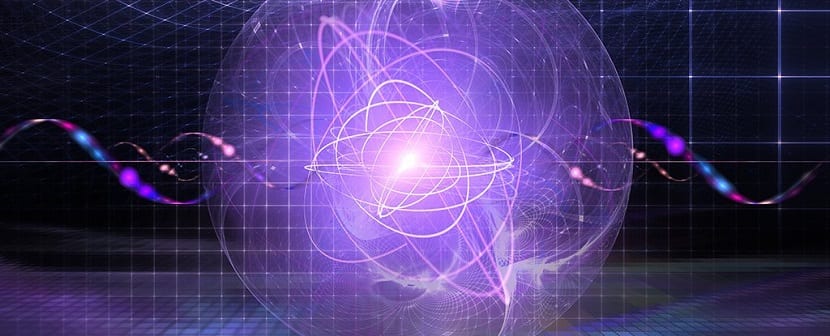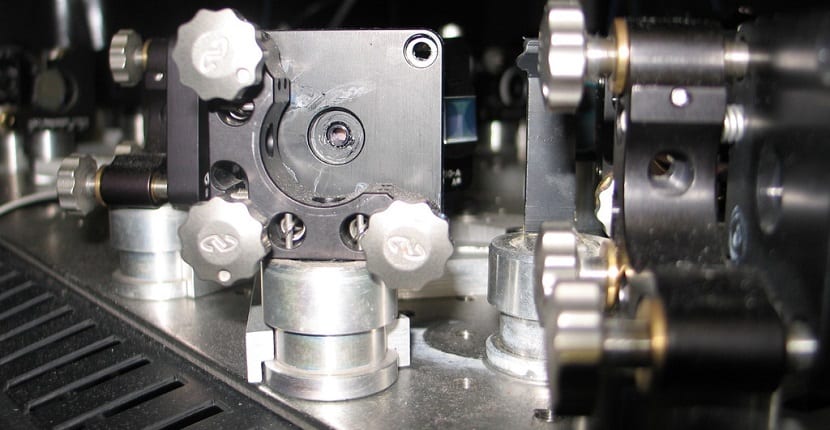
Many researchers today are working on the development of new applications where they can use a metal as rare as thorium. Thanks precisely to the experiments that are being carried out with this material, we have managed to understand that it can be used to create a new generation of atomic clocks. Among the peculiarities that this completely new class of atomic clocks would show, we find that it could finally be possible to create a mechanism that would stand out for being much more precise than the one we have been using to date.
Tell you that today human beings use a very simple system to make high-precision ones work as they should. These watches, in turn, are used for different tasks such as, for example, the coordinate the satellites and know their global position of the same. The idea to achieve this task is to hit an electron with the desired amount of energy in order to force it to jump from its orbital and return again.
Making this small quantum leap, in turn, requires a very precise amount of time, which can be detected and used as a kind of very small pendulum. Such is the precision of current systems that, according to the researchers, it seems they could lose one second every two hundred million years or so, a detail that surely helps us understand the enormous precision that this technology can offer to the human being.

The United States National Institute of Standards and Technology believes that the use of thorium can help us create more precious quantum clocks
Although a quantum clock can only lose one second every two hundred years, the truth is that it still there are centers that seek to make quantum clocks an even more precise system. Among the specialized centers, today I want to tell you about the latest work carried out by a group of researchers from the National Institute of Standards and Technology of the United States, from where a complete paper has been published where it is demonstrated how these systems can be improved through cooling and heating. increase in the density of the particles involved in them.
To try to explain this a little better, the study tells us about how the density of the particles packed into a nucleus, such as that of a thorium atom, make it very difficult to alter so, in theory, it could make the atomic clocks that use them can keep running for longer.
Another of the great characteristics that makes thorium an interesting element is that, unlike other materials, which need a powerful force to excite them, such as X-rays or gamma rays, with thorium it is only It is necessary to use ultraviolet light, something that, without a doubt, makes it one of the best candidates we have for create an optical atomic clock based on the nucleus of an atom.
As the physicist has commented Ekkehard Peik:
Thanks to this new technology, we have managed to develop a system where the resonance of the transition is extremely sharp and it can only be observed if the frequency of the laser light exactly matches the energy difference of both states.

Thorium could be instrumental in creating a optical atomic clock based on the nucleus of an atom
Working with researchers from the Ludwig-Maximilians-Universität, located in the German city of Munich, the team analyzed the metastable forms of the Thorium-229 isomer, capturing the excited state as they decomposed into uranium atoms. By hitting the trapped atoms with a laser and studying the spectrum of light produced by the shift of electrons, the team could judge the load distribution across its core.
The final result is a better image of the nucleus that will help narrow the range of frequencies required to move the atomic nucleus from a ground state to an excited one, making it tick like clockwork. Sadly, at least for the moment, it's unclear how accurate a thorium-based nuclear clock would be, but it would certainly open a window to a whole new way of measuring passing seconds.